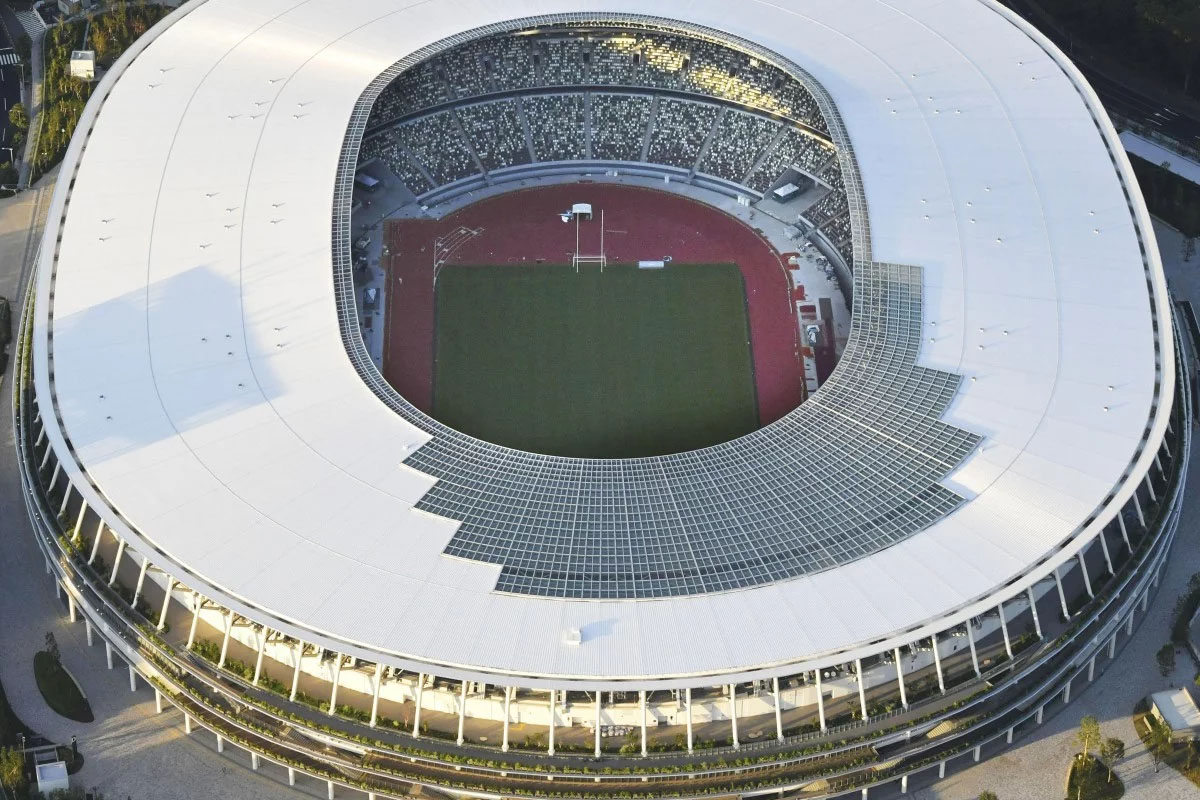Asks Emmerson Campbell
As the globe grapples with the pandemic, COVID-19, everyday brings more calls for a rethink of this year’s Olympic Games scheduled to open in four months to the day in Tokyo, Japan.

The International Olympic Committee, (IOC), along with Tokyo’s Organising Committee and the Japanese government, previously said it was not considering a cancellation or postponement, even as other major events have been postponed or suspended including the major sports leagues in North America, Euro 2020, Copa America and the Hong Kong Rugby Sevens.
The IOC yesterday in an about turn did say that it was considering a postponement.
But what is the right thing to do? postpone, cancel, rethink or remain on schedule?
In my opinion, no matter what decision is made, it will be met with mixed emotions.
Japan has every incentive to remain on schedule. Staging a successful Games will bring a massive jolt estimated at $US2.3 billion to the economy through tourism and consumer spending.
Some 80 years ago, Japan won the bid to host the 1940 Summer and Winter Olympics in Tokyo and Sapporo respectively, but both Games were cancelled due to the Second World War. This has led to persons calling ‘the 40-year curse’ on the Games as there was a massive boycott of the event in 1980 in Moscow, Russia.
But what about the athletes who truly will define whether the Games will be a success or not? Some have voiced their approval of a rethink while others have remained silent or are in agreement with the games being staged.
That is understandable since there are thousands of athletes across the globe who see this as their first, or last, or best, chance at Olympic glory and who want to be given every opportunity to compete on the world’s biggest sports stage.
Simply put, the effect of the pandemic varies from athlete to athlete, their training bases and from country to country. Hence the athletes that are least affected by the virus will perhaps have an unfair preparatory advantage.
China, Europe, the USA and Japan are the places hardest hit by COVID-19. Those are the places that the vast majority of the world’s top athletes reside or have training bases.
The number of global coronavirus cases surged past 300,000 this weekend with more than 13,000 deaths worldwide, according to John Hopkins University, which reported that China, Italy and the U.S. had the most people diagnosed with the respiratory illness.
USA and China usually occupy the first and second spots on the medal table of the 33-sport spectacle held every leap year.
The IOC has been criticised for its refusal to admit to any contingency plans should the Games not be able to go ahead with the scheduled July 24 start.
It has led to repeated accusations that the global body is living in a bubble.
At this point it is hard to state whether the Games should be postponed or cancelled. The uncertainty of the months ahead with regards to the COVID-19 pandemic is the biggest hurdle the IOC has to jump.


